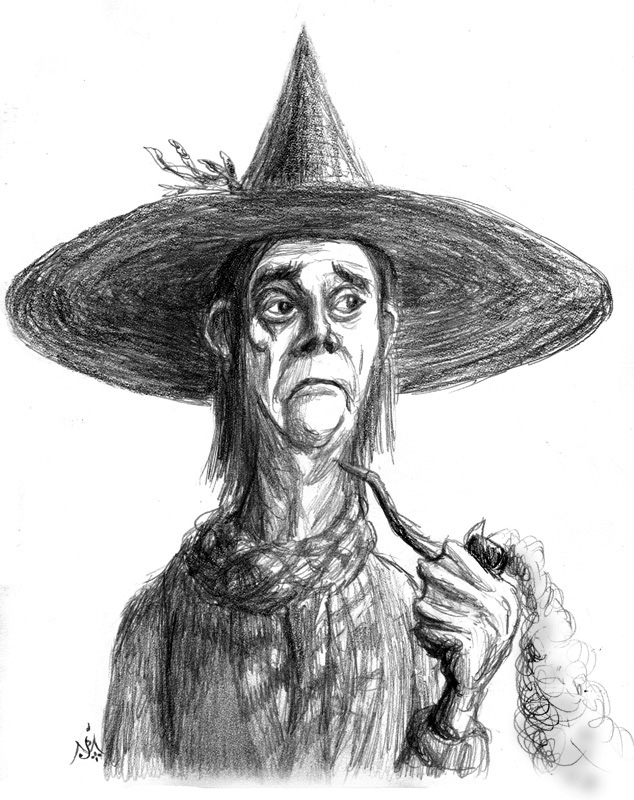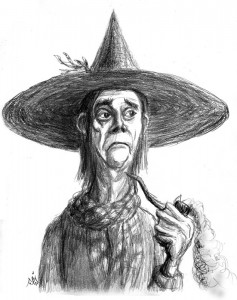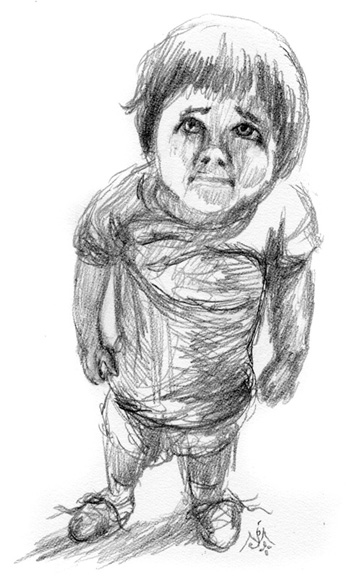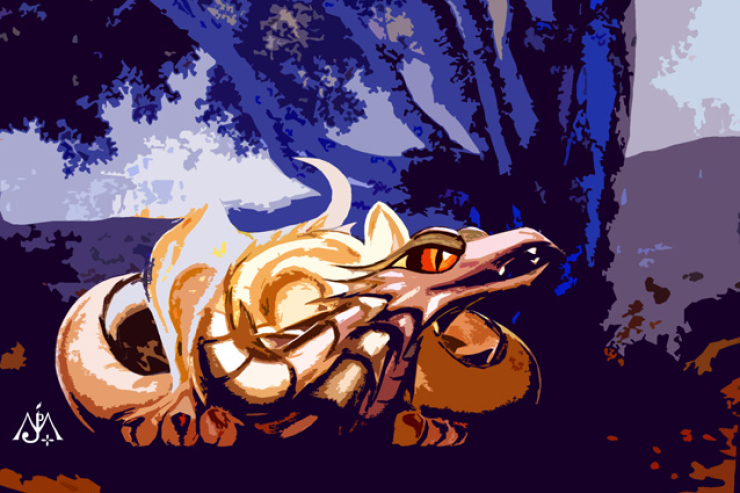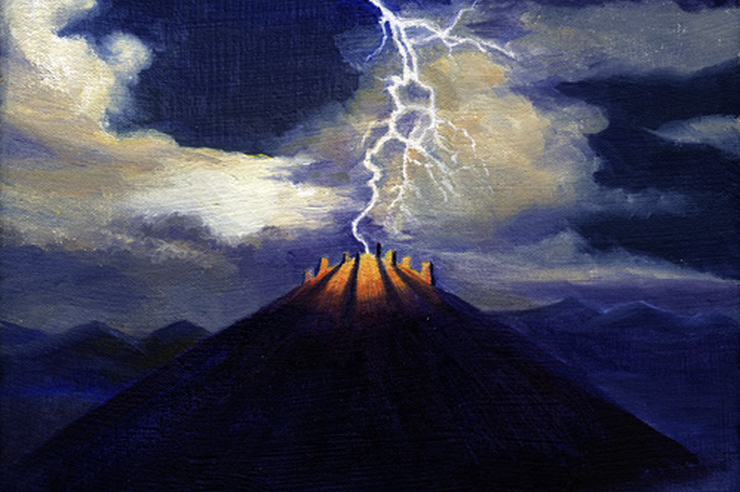“Don’t pay any attention to what he says. You’re arguing with someone who believes God became a human being and then committed suicide….”
The comment left me literally speechless. I had been in an exchange with someone on Facebook regarding the decline of honeybees, worldwide, and I had challenged their assertion that it was due solely to the use of systemic pesticides. Our discussion had nothing to do with religion or philosophy, and this interjection came out of the blue, from a family member, whom I’ll call Chip, of the person with whom I was arguing. Chip knew that I was a practicing Catholic, but he and I had never spoken or emailed each other before.
How could I react to such a statement? Should I point out that my faith was unrelated to the topic at hand? Should I point out that Chip was attacking me personally rather than addressing the issues in the discussion? Should I point out that his knowledge of Christian belief was wildly distorted? Or that he was demonstrating the worst sort of bigotry: one that assumes that, because you don’t share the same race/religion/gender, you are unworthy of being treated with dignity and respect? Should I defend my faith by mentioning that it is shared, in total or in part, by nearly a third of the world’s population? Or that such profound thinkers, writers, artists, humanitarians and scientists as Thomas Aquinas, Shakespeare, John Newman, C.S. Lewis, G.K. Chesterton, J.R.R. Tolkien, Copernicus, Louis Pasteur, Carl Linnaeus, Galileo, Enrico Fermi, Michelangelo, Rafael, T.S. Eliot, Gerard Manley Hopkins, Mother Teresa, and St. Gregory the Great, to name just a few, had all tested Christianity’s tenets for themselves and found them to be sound?
I sat and pondered. I’d like to say that I did nothing other than to pray for Chip, and although I have done so since, my initial reaction was to attempt to point out the bigotry at play in his comment. This of course led nowhere, and happily for all concerned the comment and the entire thread of conversation that prompted it were abruptly removed from the internet by a member of Chip’s family.
Thomas à Kempis speaks eloquently on how to find peace in a world full of hatred. In his The Imitation of Christ, he states “the real test of virtue and deserving of praise is to live at peace with the perverse, or the aggressive and those who contradict us, for this needs a great grace.” Clearly, I did not pass that test, as after the Facebook exchange, I was greatly troubled and angry. So, there is much work to be done…on myself.
But Thomas goes on to speak about the nature of hate-filled people. “Some there are who can neither have peace themselves nor leave others in peace. They are a cross to others, but a heavier cross to themselves.” And this may be the key to forgiving those who hate us, and who hate the things that we most cherish; for they do not know what it is that they hate, and nurturing that hatred taints all that they do.
I have since recovered my own inner peace. But the exchange, since it involved someone who does not believe in anything transcendent…who apparently despises and can only ridicule any creed other than his own narrow secularism…reminded me of one of the greatest scenes in C.S. Lewis’ Narnia Chronicles.
In The Silver Chair, Puddleglum the Marshwiggle, Jill Pole, and Eustace Scrubb find themselves deep underground and in the presence of the mysterious Green Lady who kidnapped Prince Rilian of Narnia. She sings to them and to the prince, incensing the hearth fire with powerful magic herbs, and mocking their insistence that another world exists beyond the confines of her own underground chambers. They have created a make-believe world for themselves, she tells them, like little children do, but all that really exists is her realm: of dim light, stifling air, and dreary and meaningless toil for all of her subjects. There is no sunlight, she assures them, there are no such things as trees, or a sky. Nor is there such a person as Aslan, the all-knowing and loving Christ figure whom they claim rules the higher realms.
But as the power of her spell peaks, Puddleglum stomps out the fire with his bare feet, and proclaims to the witch (for such she is): “Suppose this black pit of yours is the only world. Well, it strikes me as a pretty poor one…We’re just babies making up a game if you’re right. But four babies playing a game can make a play-world which licks your world hollow. That’s why I’m going to stand by the play-world. I’m on Aslan’s side even if there isn’t any Aslan to lead it. I’m going to live as like a Narnian as I can even if there isn’t any Narnia.”
And that may be our best answer to those who hate us for believing in Christ. The Gospels reveal depths of goodness, truth, and beauty that could never have been invented, but must always have existed since the dawn of creation. They ring true, horribly and terrifyingly true, even to their greatest detractors. And that is what, I believe, fuels hatred of Christianity; that it does not allow one to live comfortably with denial. The teachings of Christ dog those who wish that they had never been, as Francis Thompson describes so eloquently in his poem The Hound of Heaven. Such folk strike out at Christians, because they themselves are haunted by Christ:
I fled Him, down the nights and down the days;
I fled Him, down the arches of the years;
I fled Him, down the labyrinthine ways
Of my own mind; and in the mist of tears
I hid from Him…
I will continue to pray for Chip, and for all those who flee Christ not knowing Whom they flee, nor why. May true peace come to them, and to us all….
Please help us in our mission to assist readers to integrate their Catholic faith, family and work. Tell your family and friends about this article using both the Share and the Recommend buttons below and via email. We value your comments and encourage you to leave your thoughts below. Thank you! – The Editors

